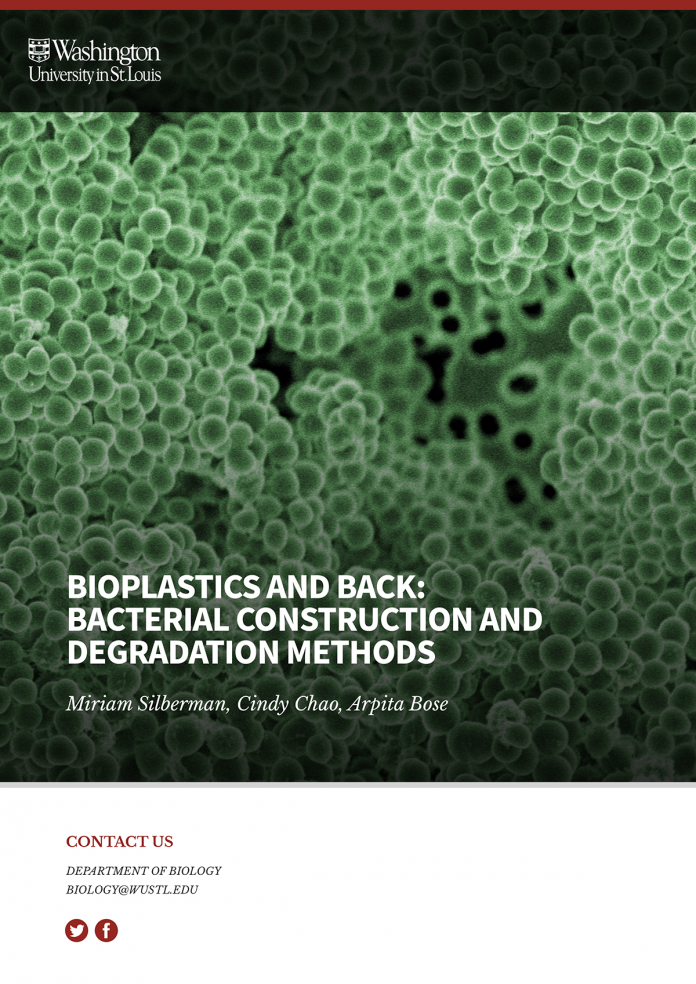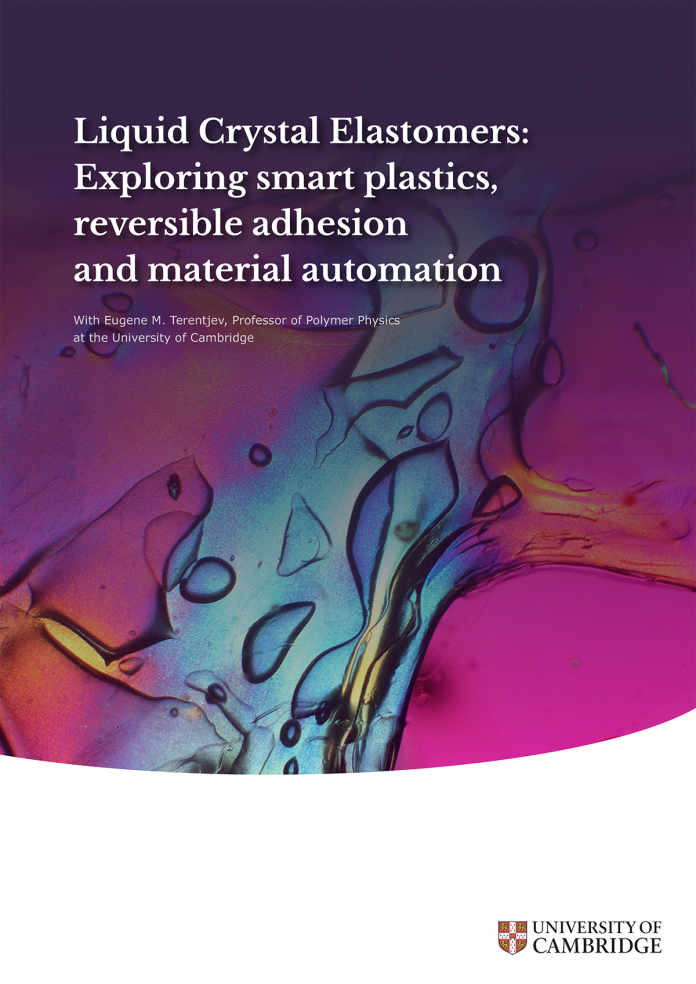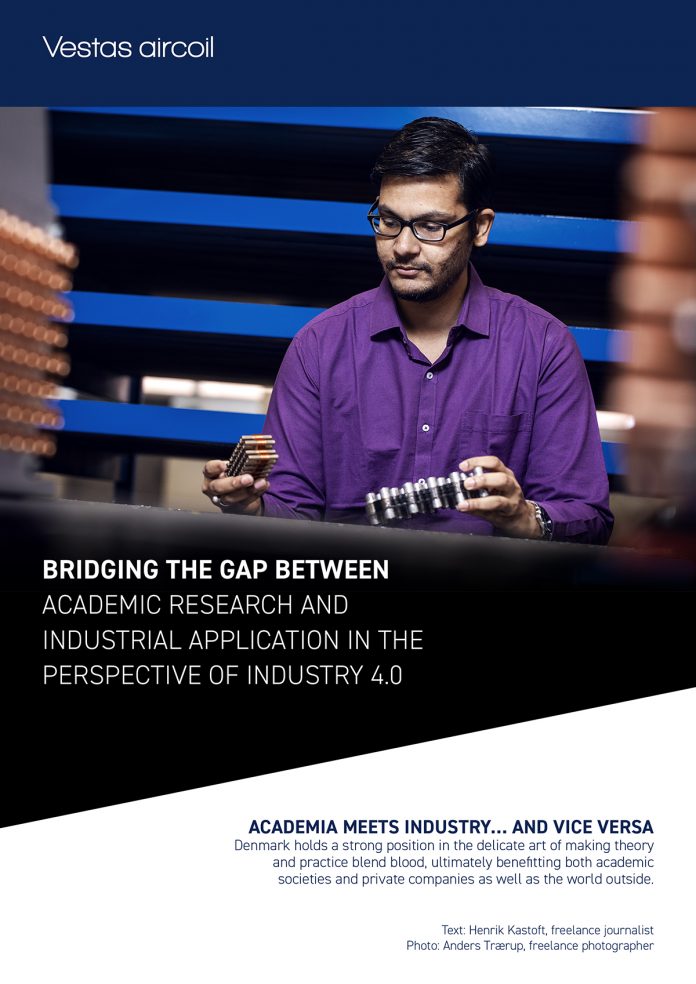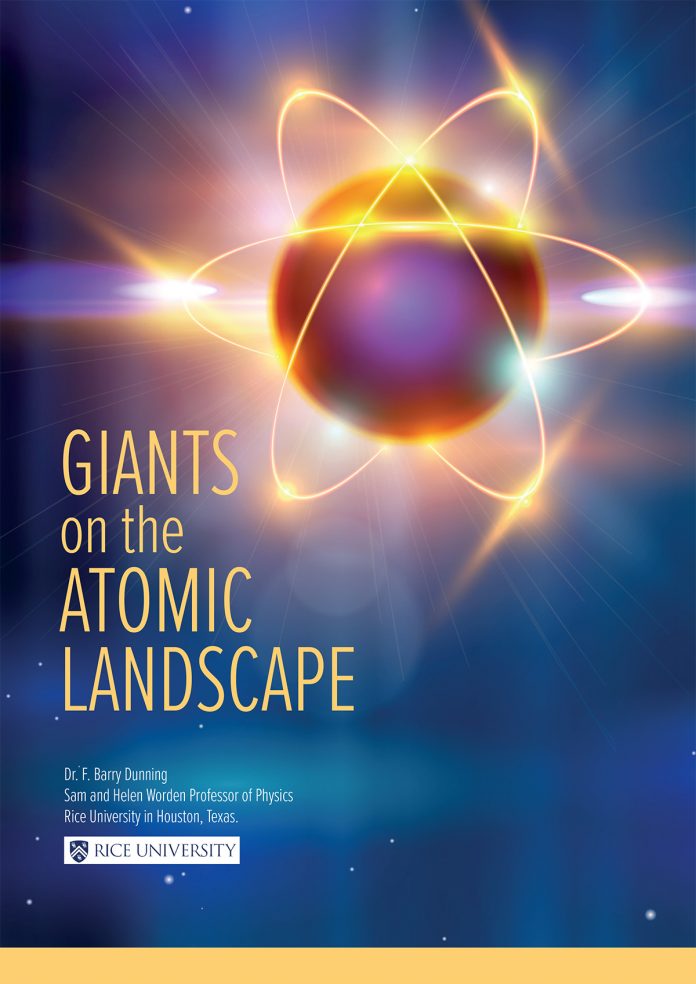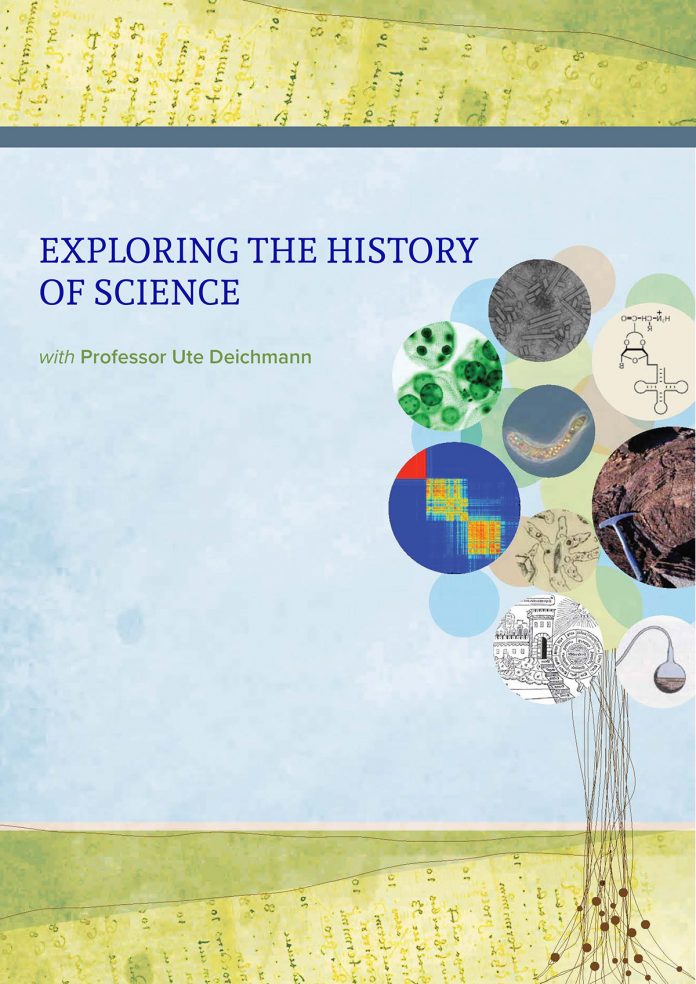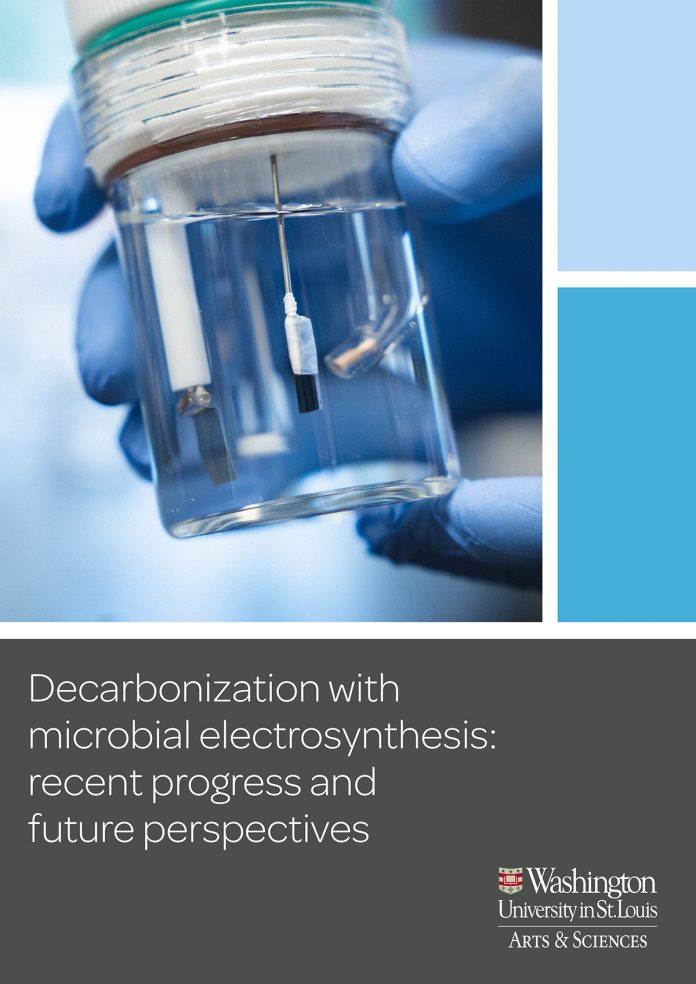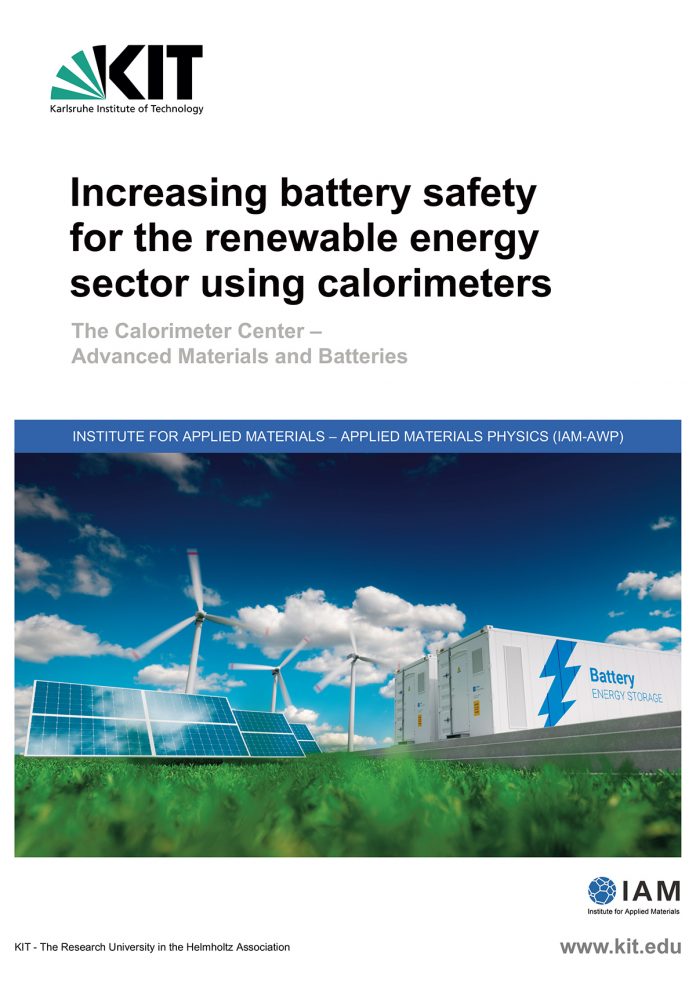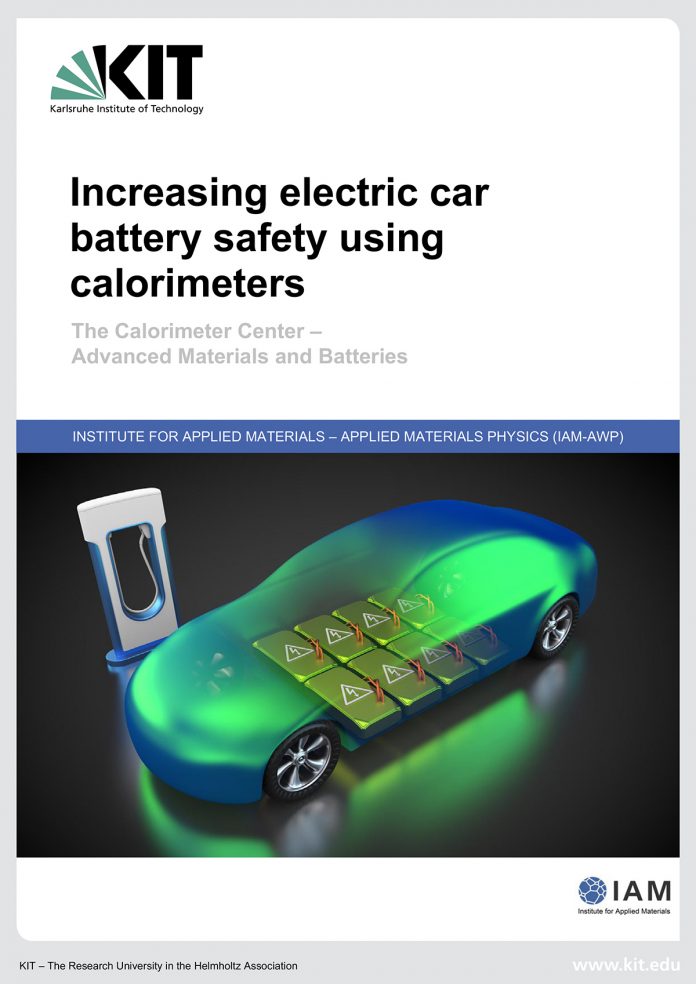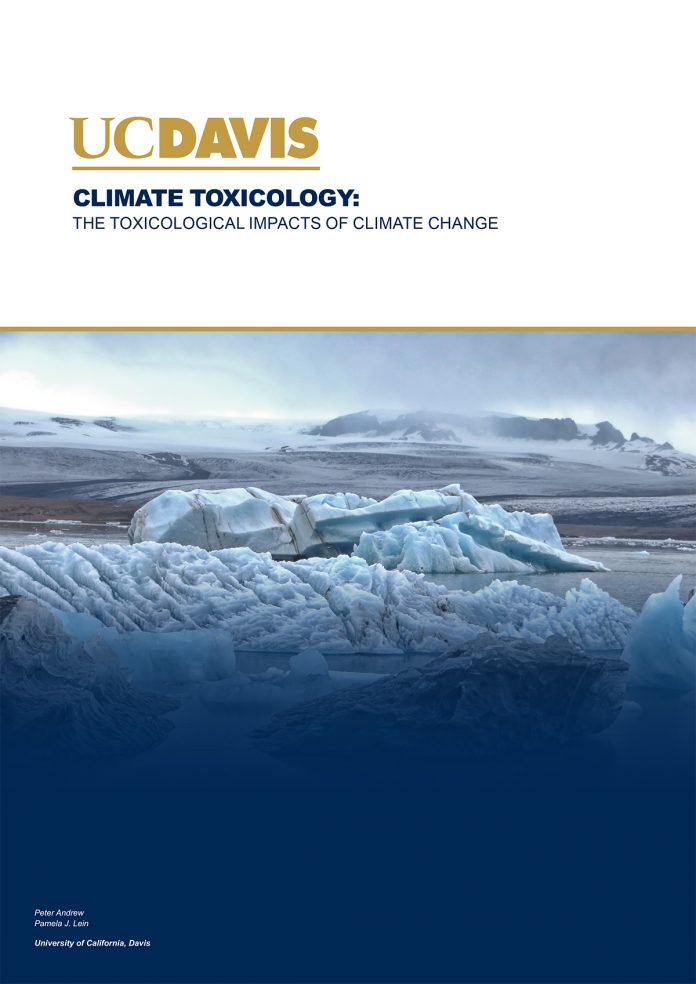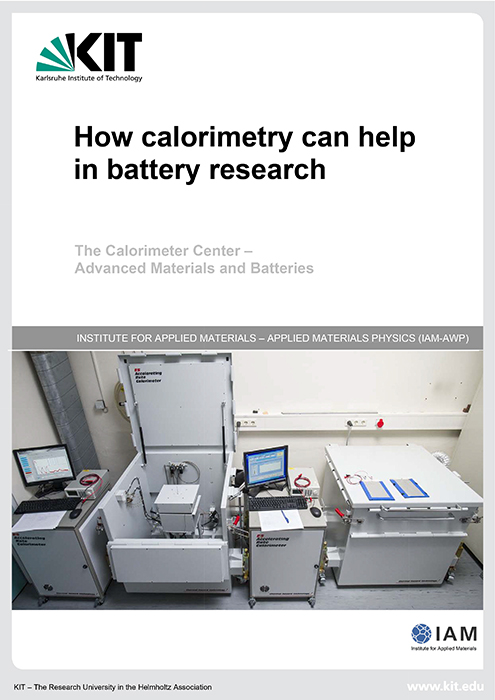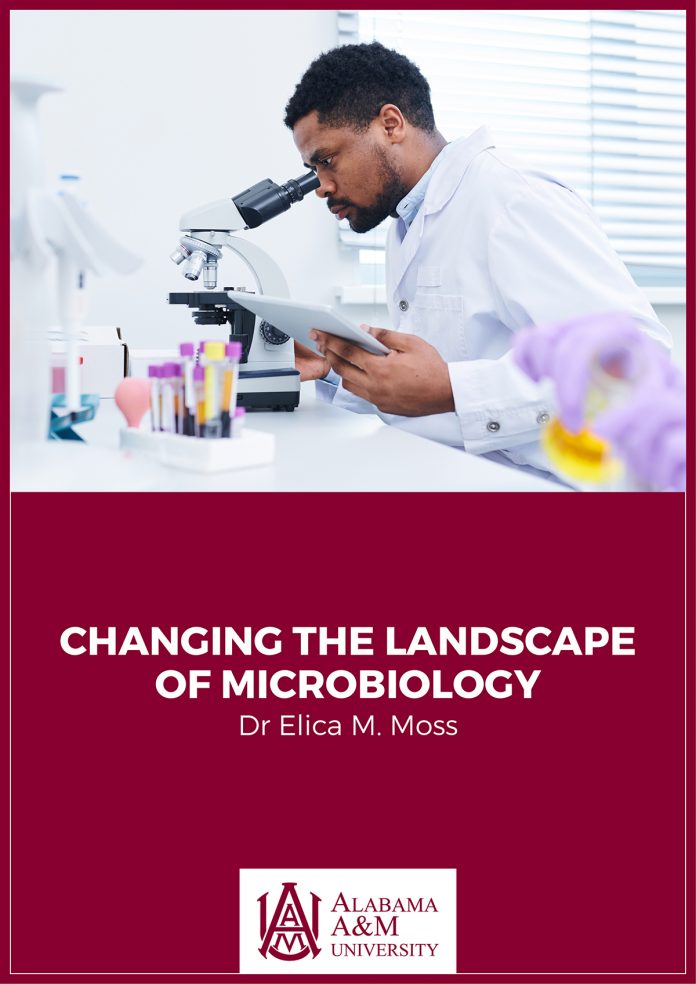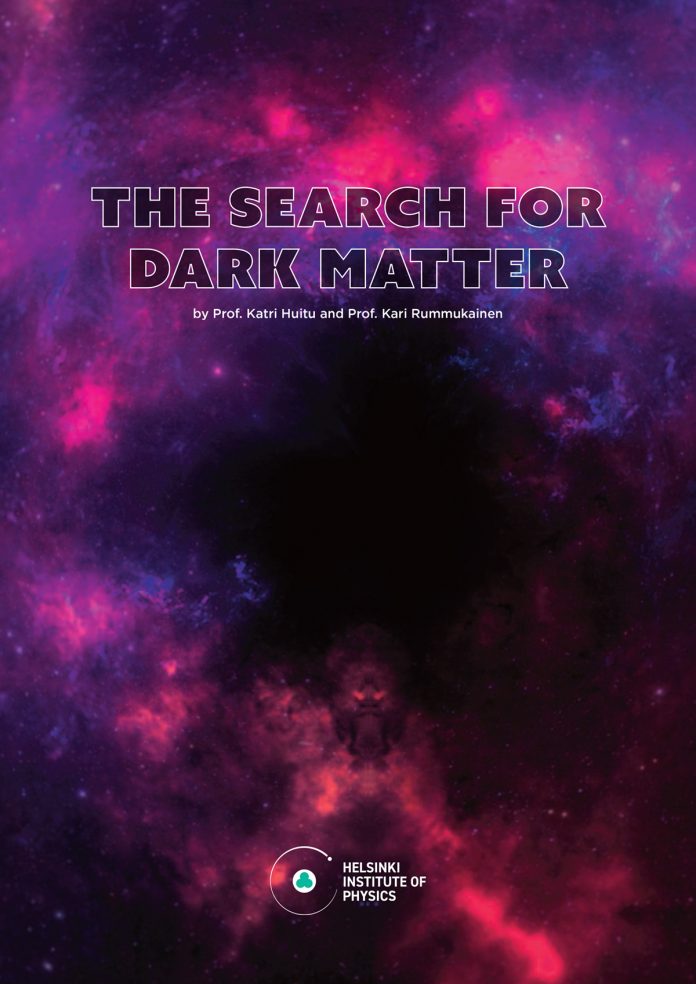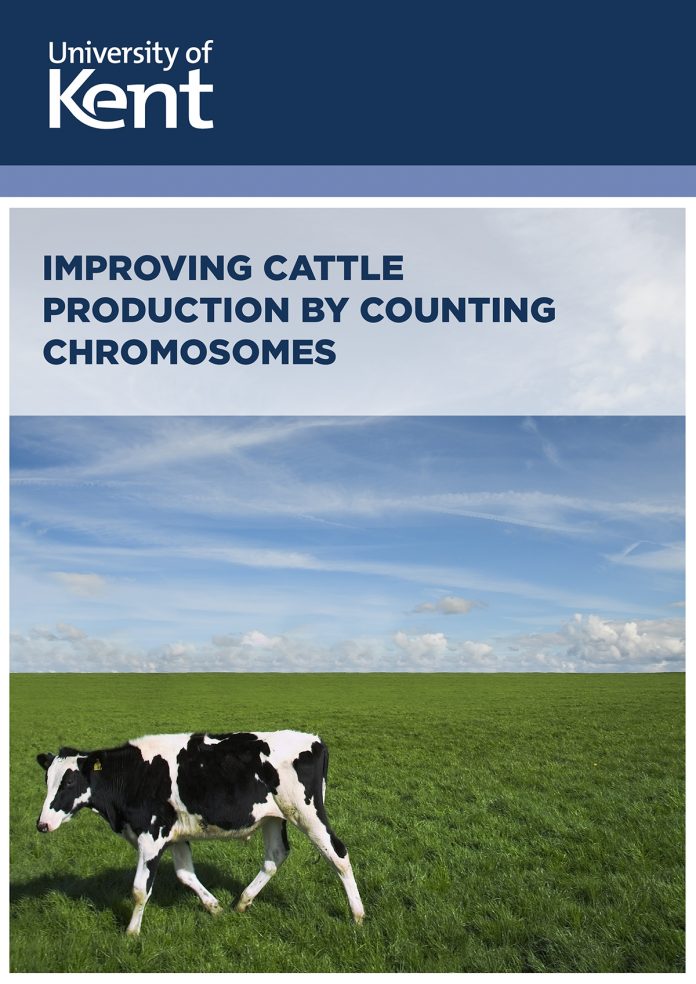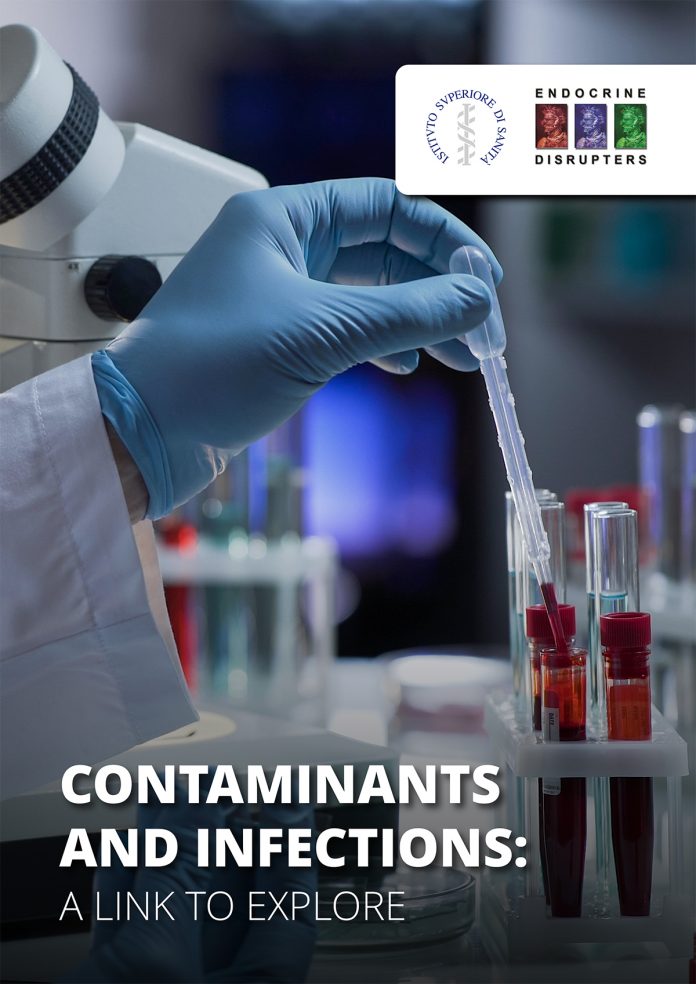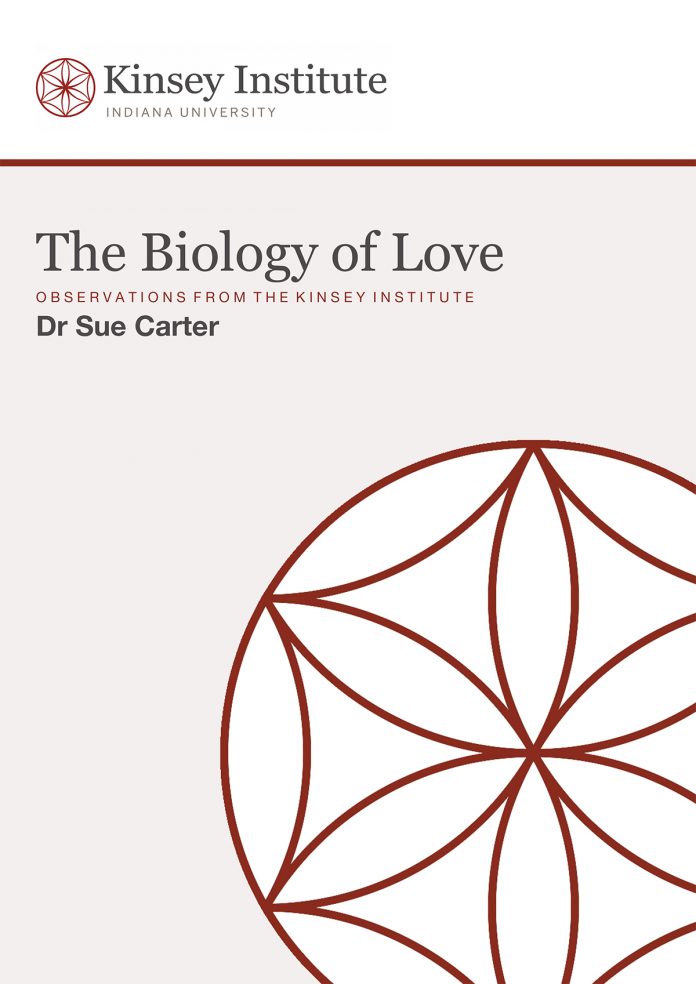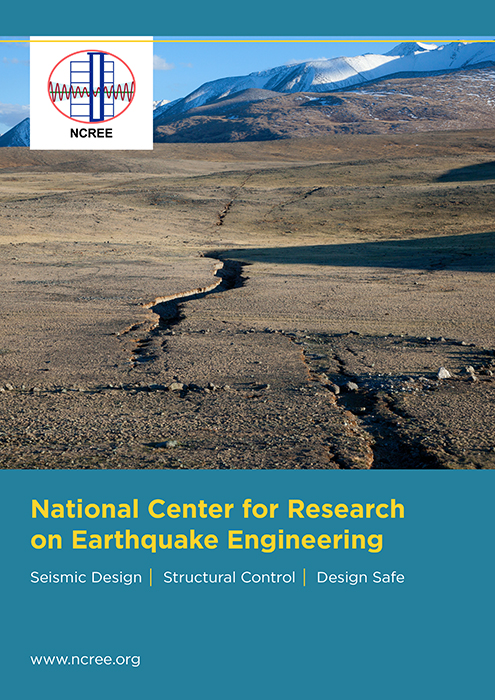Bioplastics and back: Bacterial construction and degradation methods
Bioplastics are a subject of increasing interest due to demand for traditional petroleum alternatives. Several pathways to bioplastic generation are known today.
Liquid Crystal Elastomers: Exploring smart plastics, reversible adhesion and material automation
Eugene M. Terentjev, Professor of Polymer Physics from the University of Cambridge, enlightens us on Smart Plastics, specifically on how liquid crystalline elastomers bring automation into materials.
The functional utility of intellectual humanity in a polarized world
Only in the past decade or so have social scientists seriously studied intellectual humility as a virtue that might counter problems with this alarming social trend toward division
Colonel Jessup—you may not remember the name, but some of you will know whom we are talking about. He is the fictional...
Bridging the gap between academic research and industrial application in the perspective of industry...
“Good is not good enough when better is expected”. A quote that may very well apply for Atul Singh (29) from India working tirelessly at his computer optimizing engineering designs for the better.
Giants on the atomic landscape
Dr F. Barry Dunning, Sam and Helen Worden Professor of Physics at Rice University in Houston, explains some key discoveries about the structure of atoms.
COSPAR – Committee on Space Research
The Committee on Space Research (COSPAR) is working behind the scenes—and onstage—to safeguard scientific activities in and about space that benefit society today.
An overview of research into quasicrystals
Expert Zbigniew M. Stadnik, professor at the University of Ottawa in the Department of Physics, discusses his research into quasicrystals
Professor Zbigniew M. Stadnik and his condensed-matter research group focus on designing, discovering, and characterising novel compounds (natural quasicrystals and their approximants, superconductors, spin glasses, and others). Their electronic, magnetic,...
Exploring the history of science
We speak to Professor Ute Deichmann, Director of the Jacques Loeb Centre for the History and Philosophy of the Life Sciences at the Ben-Gurion University of the Negev, about the history of science.
Decarbonization with microbial electrosynthesis
Eric Conners, Arpita Bose and Prem Prabhakar at the Department of Biology, Washington University, discuss microbial electrosynthesis - a way of creating commercially significant bio-commodities.
Increasing the battery safety for the renewable energy sector using calorimeters
Here, Dr Carlos Ziebert, head of IAM-AWP’s Calorimeter Center, KIT, explains how the safety of battery storage for renewables can be increased by battery calorimetry.
Increasing electric car battery safety using calorimeters
Here, Dr Carlos Ziebert, head of IAM-AWP’s Calorimeter Center, KIT, explains how the safety of batteries in electric vehicles links to the EU’s new ‘Fit for 55’ policy push.
Climate Toxicology
Here, Peter Andrew and Pamela J. Lein discuss the unprecedented period of global climate change the Earth is going through.
How calorimetry can help with battery research
Here, Dr Carlos Ziebert, Head of the Calorimeter Center at Karlsruhe Institute of Technology (KIT) explains precisely how calorimetry can help with battery research.
Changing the landscape of microbiology
Here, we interview Dr Elica M Moss, Research Assistant Professor at Alabama A&M University, about her work and how it seeks to change the landscape of microbiology.
The Search for Dark Matter
Director of the Helsinki Institute of Physics (HIP) Professor Katri Huitu, and the HIP Theory Programme Director, academy professor Kari Rummukainen, discuss the search for dark matter.
Improving cattle production by counting chromosomes
Here, Professor Darren Griffin and Drs Beckky O’Connor, Giuseppe Silvestri and Lucas Kiazim, the University of Kent, discuss new innovations that are changing the cattle industry.
Organophosphate Chemical Threat Agents: Contemporary solutions to a historic threat
Here, Jonas Calsbeek, Peter Andrew, Eduardo González, and Pamela J. Lein, talk about Organophosphate Chemical Threat Agents and how to stop their contemporary use.
Contaminants and infections: A link to explore
Here, Alberto Mantovani of the Endocrine Disruptors Project here discusses what there is to learn from the recent COVID-19 pandemic.
The Biology of Love
Here, Dr Sue Carter brings us a collection of observations from the Kinsey Institute, to illustrate the biology of Love.
National Center for Research on Earthquake Engineering
Professor Pei-Yang Lin explains the The National Center for Research on Earthquake Engineering (NCREE) technology that can change the game.


